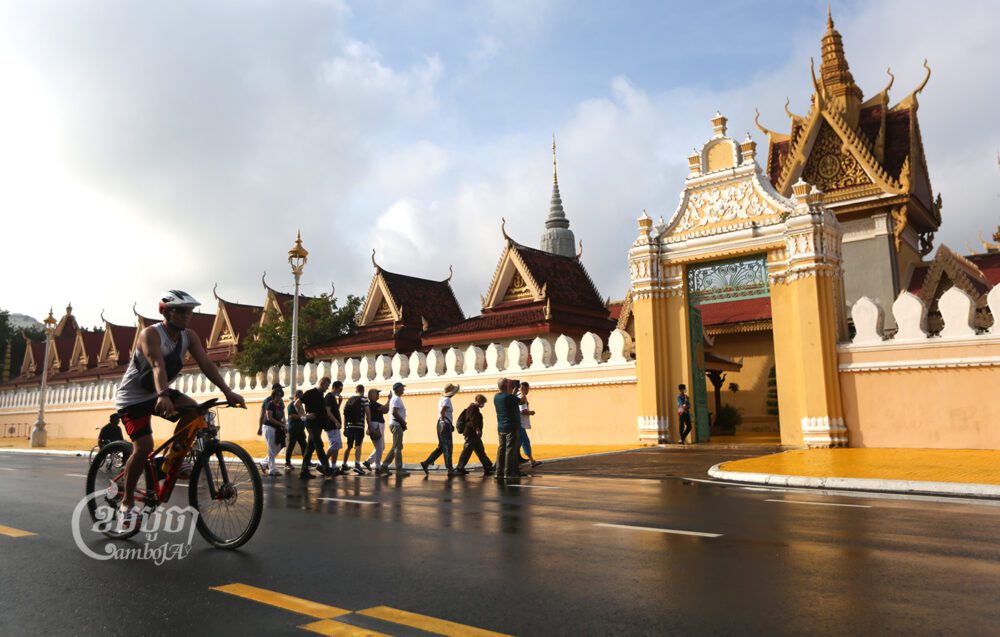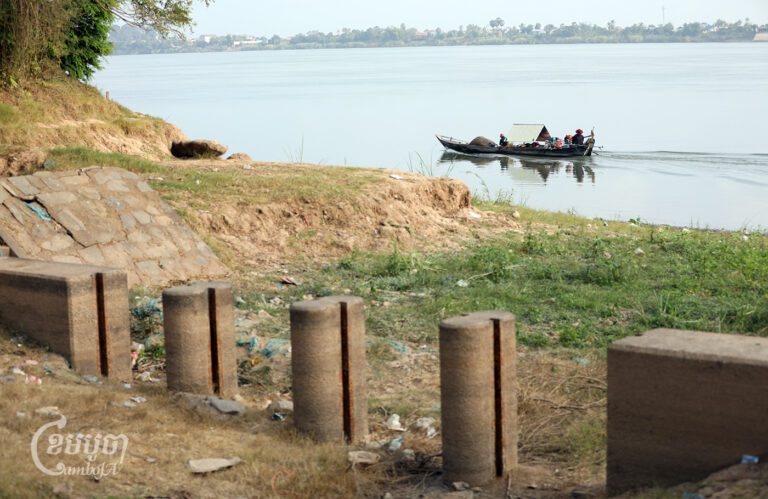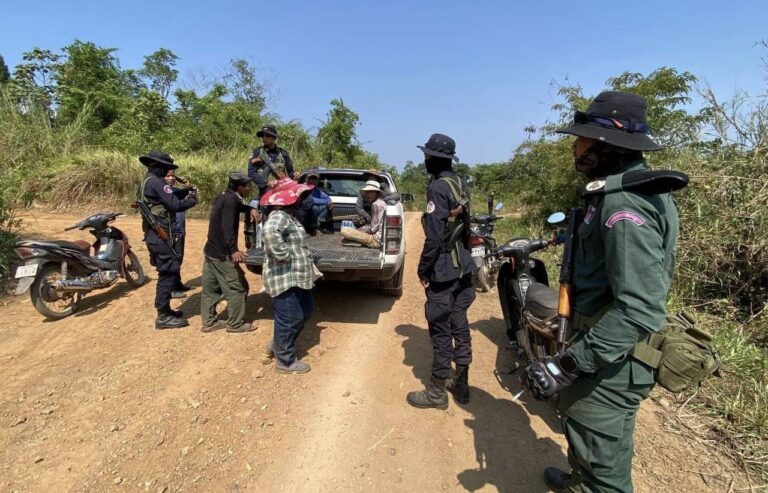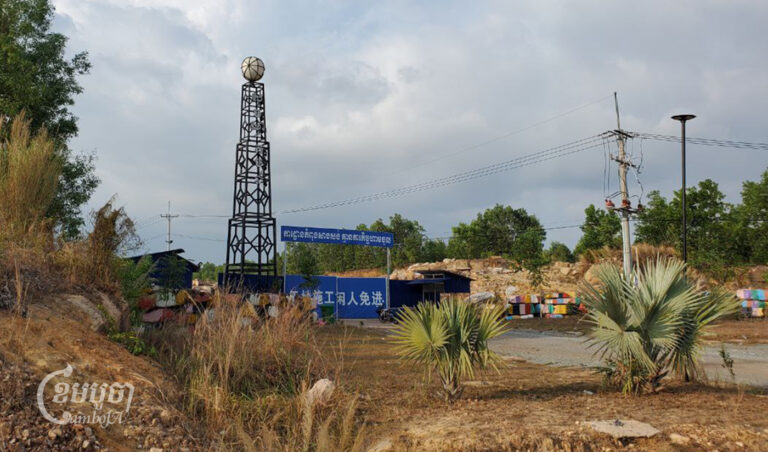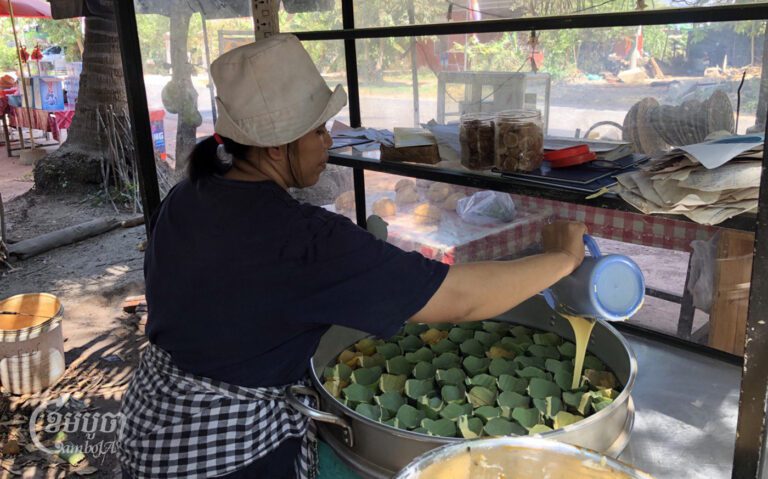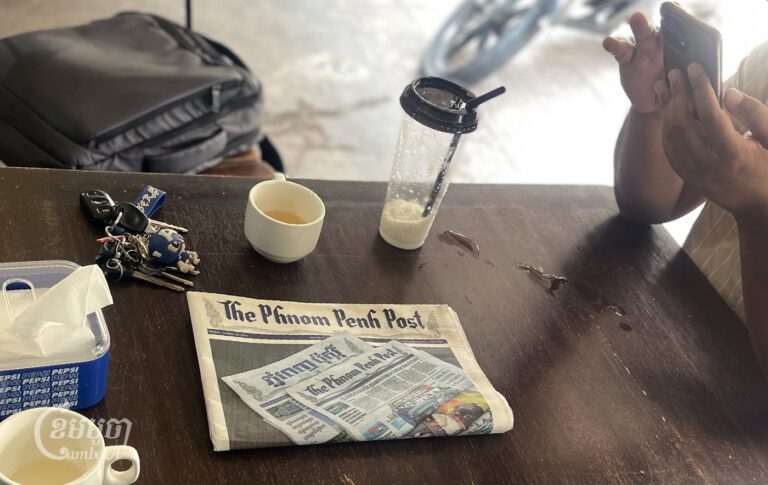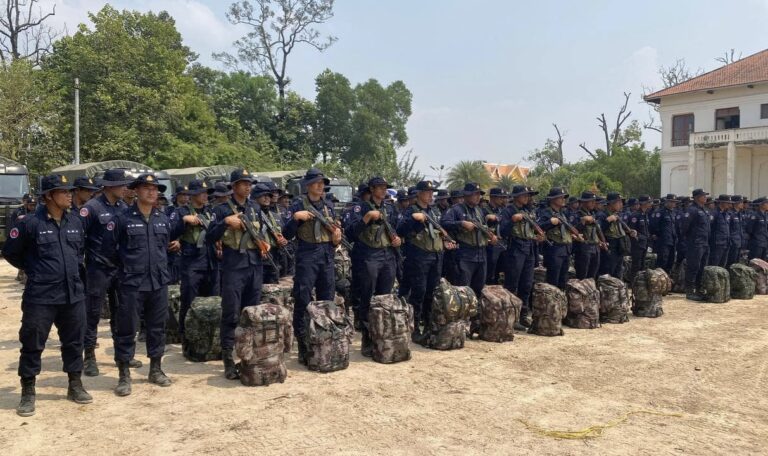As China reopens its borders, removing quarantine and testing requirements for returning travelers, the Cambodian government said it was eager to welcome back Chinese tourists and investors while rights groups urged the government to do more to prevent transnational crime.
In an announcement issued January 5, the Tourism Ministry said the country is ready to welcome millions of Chinese visitors following Beijing recently lifting its strict zero-COVID requirements.
“Cambodia is pleased to welcome Chinese tourists to visit Cambodia without any health conditions,” the ministry said. “We called on stakeholders to continue to promote tourism events in both Cambodia and China and to provide better service and warm hospitality to Chinese tourists.”
The pandemic has been a blow to Cambodia’s tourism industry, but particularly so with regards to Chinese visitors — whose government’s strict COVID policies made travel extremely difficult.
In 2019, Cambodia received 2.3 million Chinese visitors, generating about $1.8 billion. Of the 1.9 million international visitors who came between January and November 2022, however, mainland China accounted for just 90,648.
Thourn Sinan, chairman of local tour agency Pacific Asia Travel Association Cambodia Chapter, said China’s reopening was a positive sign for the global economy, especially the tourism sector.
“I believe that based on the relations between the two countries, China would help to boost Chinese visitors to Cambodia,” he said.
Sinan said he expected the return of Chinese tourism would provide major benefits to the economy.
“Chinese spend more money compared with other foreign visitors and Chinese use all services, local and foreign,” he said, adding that tourists from other countries often bring their own guides.
Officials from the Tourism Ministry said Cambodia has rolled out a number of programs to attract Chinese visitors as part of its years-old “China Ready” strategy. These include boosting Chinese language skills among tour guides, supporting tour infrastructure, and improving the quality of tourism services.

Preah Sihanouk provincial tourism department director Taing Socheat Kroesna said that while there hasn’t yet been signs of increasing tourism, he believed the return would begin gradually starting next month.
“The ministry is negotiating to reconnect flights, but I do not think there will be as much influx as a few years ago,” he said.
Before COVID-19, said Kroesna, 12 Chinese airlines flew directly to Sihanoukville with 35 flights arriving a day from 26 cities in China.
But as tour operators eagerly prepare for the return of tourists, social observers urged the government to put in place better measures to prevent a rise in crime.
A huge influx of Chinese money and development in Sihanoukville in particular has been accompanied by rising transnational crime, with local officials doing little to crack down on human trafficking and scam compounds headed by organized criminal groups.
Pech Pisey, executive director of Transparency International Cambodia, said that while a return of Chinese nationals would provide economic benefits, by boosting tourism, construction projects, and real estate ventures, the government must closely monitor illegal activity.
“We see that most of [the crimes] are linked to the influx of Chinese nationals who are involved in gambling, illegal transactions, and scams,” he said.
Pisey said the government should strengthen its enforcement of immigration laws and better track arrivals to ensure those who are coming are doing so for tourism or legitimate business purposes.
“This will ensure that they conduct business legally without committing any crimes, such as money laundering, human trafficking or drug trafficking,” he said.
A report issued by labor rights group Central last year shows that online gaming in Sihanoukville has continued, despite being outlawed in 2019, by shifting its operations under other business models, such as real estate and technology institutes.
Over the last two years, hundreds of Chinese nationals and other foreign workers who were trafficked and forced to work as scammers or in the illegal gaming industry have been discovered confined to massive compounds operated by Chinese criminal networks.
San Chey, executive director of the Affiliated Network for Social Accountability, said that the government needs to make sure that the law is strictly implemented.
“In the past, we have seen a lot of Chinese nationals being cracked down on by authorities in large numbers because they are setting up illegal [gambling] and cyber kidnapping.”
Chey said the government must ensure that all Chinese nationals who come to do business in Cambodia are legal, and that doing so would generate more tax revenue.
“When they follow the law and have their business registration properly, it will be a benefit for Cambodia’s tax revenue,” he said.
Interior Ministry spokesperson Khieu Sopheak downplayed concerns, saying that the authorities have been strengthening social security.
“If it is found that a crime has been committed, the authorities will go to the location,” he said. “The authorities are continuing to patrol every day and will continue to patrol more for illegal immigration.”
Keo Vannthan, spokesman for the Ministry of Interior’s immigration department said that the department is prepared to carry out immigration checks as Chinese visitors and investors return.
“[We] also take measures to check the residence of foreigners regularly to hunt those who have illegally entered the country and deport them out of Cambodia,” he said, though he added that the ability for illegal border crossing can make oversight difficult.
“Due to the long borders, the perpetrators often escape from authorities’ control,” he said.


